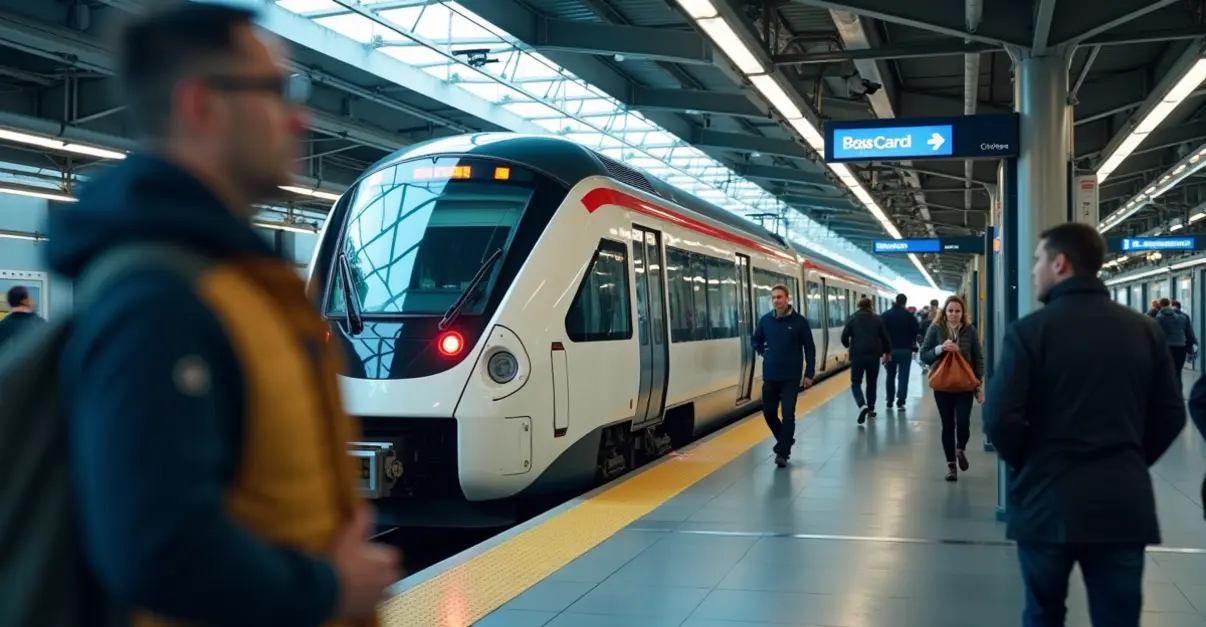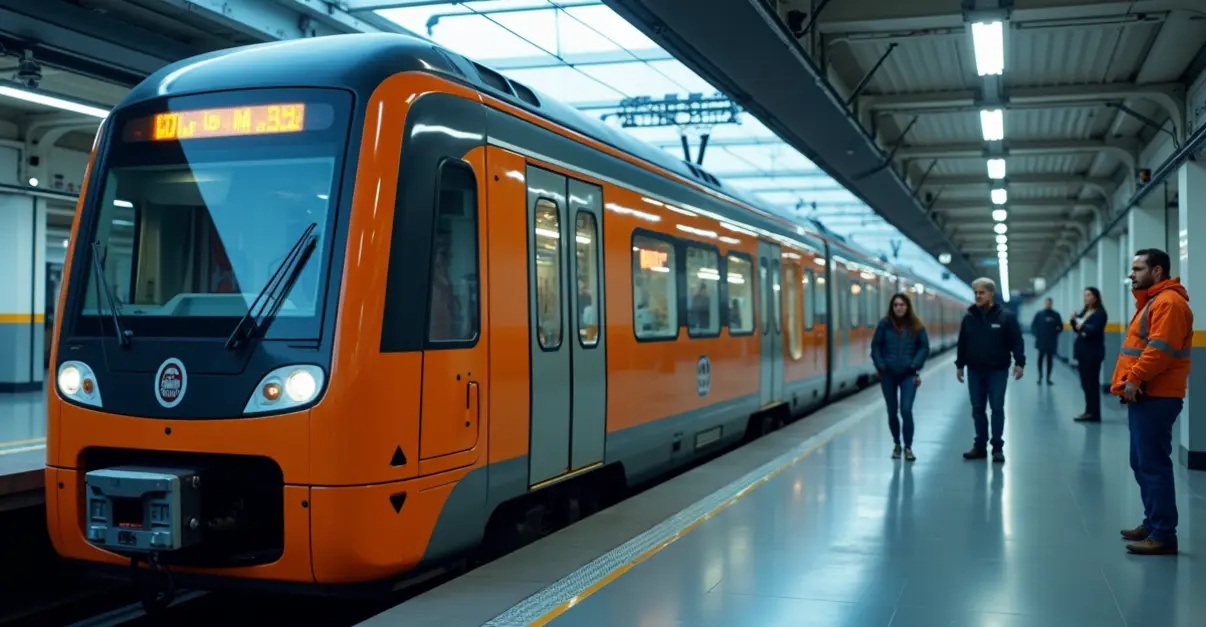Autonomous Train Pilot Program Hits Major Operational Milestone
In a significant advancement for public transportation, an autonomous train pilot program has achieved a crucial operational milestone, demonstrating improved scheduling reliability and safety performance while addressing workforce transition concerns. The program, which has been running for several months, represents a major step forward in railway automation technology.
Scheduling Reliability Breakthrough
The autonomous train system has demonstrated remarkable improvements in scheduling reliability, with on-time performance increasing by over 25% compared to conventional operations. 'We've seen unprecedented consistency in arrival and departure times,' said project manager Dr. Sarah Chen. 'The system's ability to maintain precise schedules even during peak hours has exceeded our expectations.' The technology uses advanced algorithms that continuously optimize train movements based on real-time conditions, passenger loads, and network status.
Comprehensive Safety Review Results
A thorough safety review conducted by independent experts has confirmed the system's operational safety. The review examined over 10,000 autonomous journeys and found incident rates 40% lower than traditional train operations. 'The autonomous system eliminates human error factors that contribute to most railway incidents,' explained safety analyst Mark Thompson. 'Multiple redundant systems ensure fail-safe operation in all conditions.' The safety protocols include advanced obstacle detection, emergency braking systems, and continuous monitoring of track conditions.
Workforce Transition Strategy
As autonomous technology advances, the program has developed a comprehensive workforce transition plan to address employment impacts. 'We're committed to retraining and upskilling our workforce rather than eliminating jobs,' stated human resources director Maria Rodriguez. 'Our transition plan includes extensive training programs for current employees to move into new roles in system monitoring, maintenance, and customer service.' The plan includes partnerships with technical colleges and a phased implementation approach to minimize disruption.
Industry Implications and Future Outlook
The successful milestone achievement has significant implications for the broader railway industry. According to Alstom's research, autonomous train systems can increase passenger capacity by up to 30% while reducing energy consumption by 45%. The technology represents the future of efficient urban transportation, particularly as cities face growing congestion and environmental challenges. 'This milestone proves that autonomous rail technology is ready for broader implementation,' said transportation expert Professor James Wilson. 'The combination of improved safety, reliability, and efficiency makes this a transformative development for public transport.'
The program's success comes amid growing global interest in railway automation. As documented in European rail research, similar initiatives are underway across multiple countries, though this program represents one of the most comprehensive implementations to date. The next phase will focus on scaling the technology across additional routes and integrating it with existing public transport networks.

 Nederlands
Nederlands
 English
English
 Deutsch
Deutsch
 Français
Français
 Español
Español
 Português
Português









